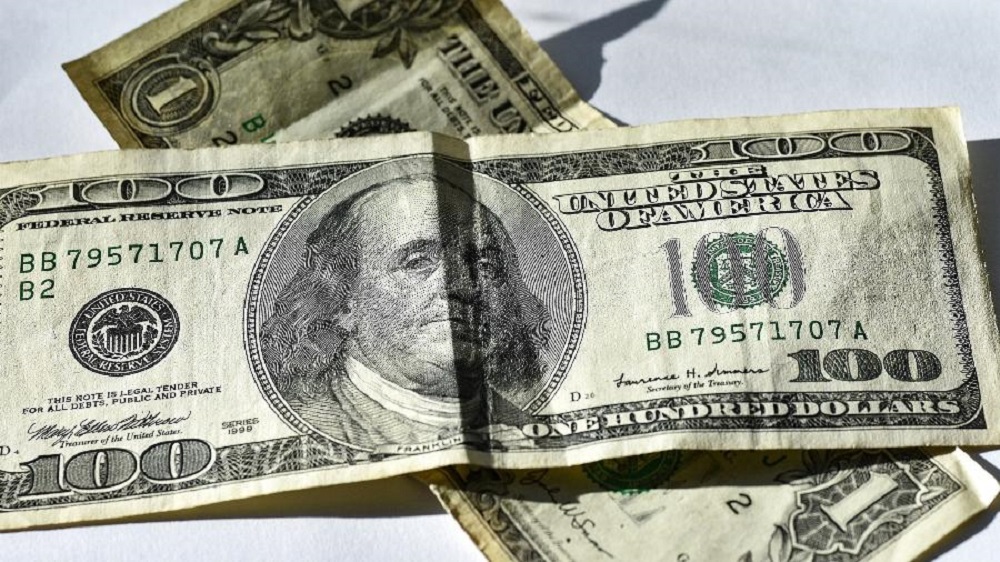RIO DE JANEIRO, BRAZIL – With the dollar’s price hitting record highs, the Central Bank announced an extra auction to sell the US currency on spot on Tuesday, November 26th.
The market reacted to Economy Minister Paulo Guedes’ speech on Monday saying he was not concerned with the dollar exceeding R$4.20 and that “it is good to get used to the higher exchange rate and lower interest rates for some time”.

The Central Bank’s operation occurred from 11:03 AM to 11:08 AM and the amounts offered were not disclosed. According to the Central Bank, the auction cut rate was R$4.2320. Earlier, the Central Bank promoted a spot sale of dollars and a reverse exchange swap, which is equivalent to the sale of the dollar in the future market.
Soon after the Central Bank’s action, the dollar decelerated to a level of R$4.24. Previously, it had reached a record high of R$4.2694 in the spot market and R$4.270 in the December futures contract. At 12:22 PM, the currency was quoted at R$4.2610, up 1.12 percent. The tourism dollar was sold at R$4.4582 in São Paulo. On Monday the cmmercial dollar closed at a new historical high, at R$4.2145, the highest value since the beginning of the Real Plan.
At a press conference at the Brazilian embassy in Washington, Guedes said Brazil has a strong currency and that fluctuations in the exchange rate are no cause for concern. “When you have a stronger tax and a lower interest rate, the balance exchange rate is also higher.”
The minister’s cue reinforces the market’s perception that the Central Bank could cut its last interest rate in December. Last week, the president of the Central Bank, Roberto Campos Neto, said that if the level of the US currency pressured prices, the Central Bank could act through monetary policy (ie, the interest rate), and not through the exchange.
“Guedes’ comments show that he is not concerned about the exchange rate at its current level,” Camila Abdelmalack, an economist at CM Capital Markets, told Reuters. “The market eventually thinks this is an indication that the Central Bank will not act.”
On Tuesday morning, President Jair Bolsonaro said that “there are pros and cons” because the dollar has reached a new record nominal value. “If you are going to analyze at the end of the line, it has advantages, pros and cons in the dollar at R$4.21 as it is now,” said the president, when leaving the Alvorada Palace.
“I hope it drops (the price of the currency), I’m rooting for it, just as I’m rooting for the SELIC rate to drop, I’m rooting for our credibility in the world to increase,” he added.
Stock market falling
As soon as the trading session opened, the Ibovespa index lost 108,000 points. At 11:35 AM, the Ibovespa fell 1.34 percent, reaching 106,970 points, at the minimum.

Petrobras shares lost more than one percent, despite the slight rise in oil prices. The securities of banks such as Itaú Unibanco, Santander, Banco do Brasil (“Bank of Brazil”) and Bradesco also dropped by more than one percent. Vale ON’s shares had recently dropped by 0.22 percent, on a day when China’s iron ore fell by 1.78 percent.
The rise in the dollar also weighs heavily on airline shares; Gol and Azul shares lost close to five percent. These companies have 70 percent of their costs tied to the US currency, such as foreign loans, and as a result they are greatly affected by the currency’s appreciation.
Source: Estadão

